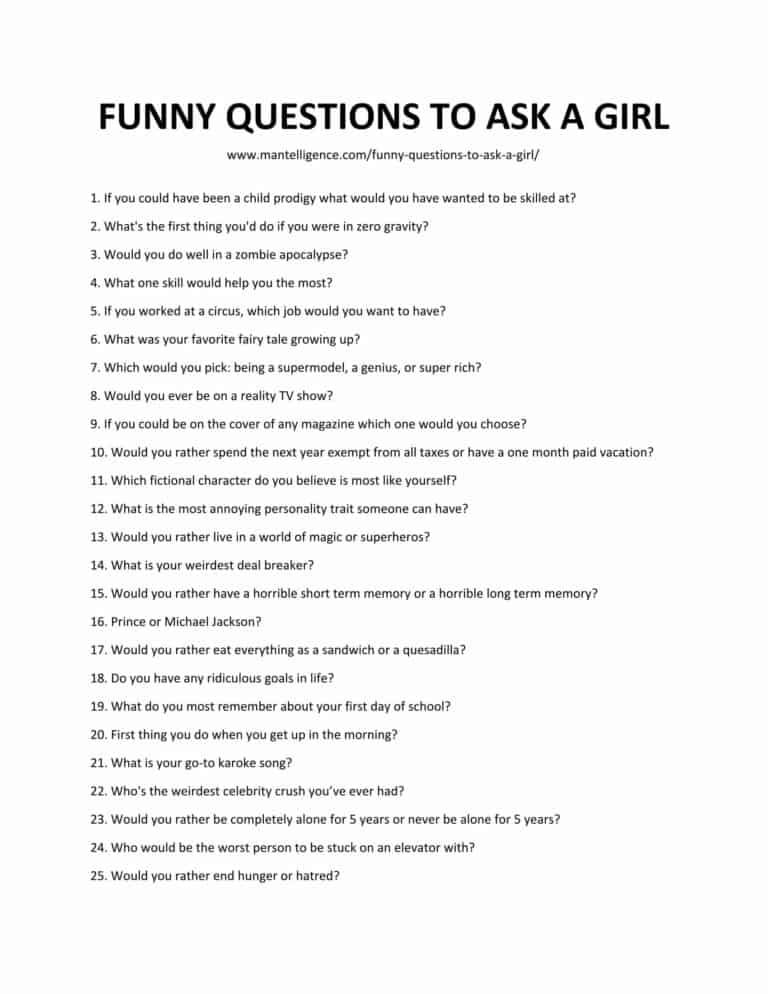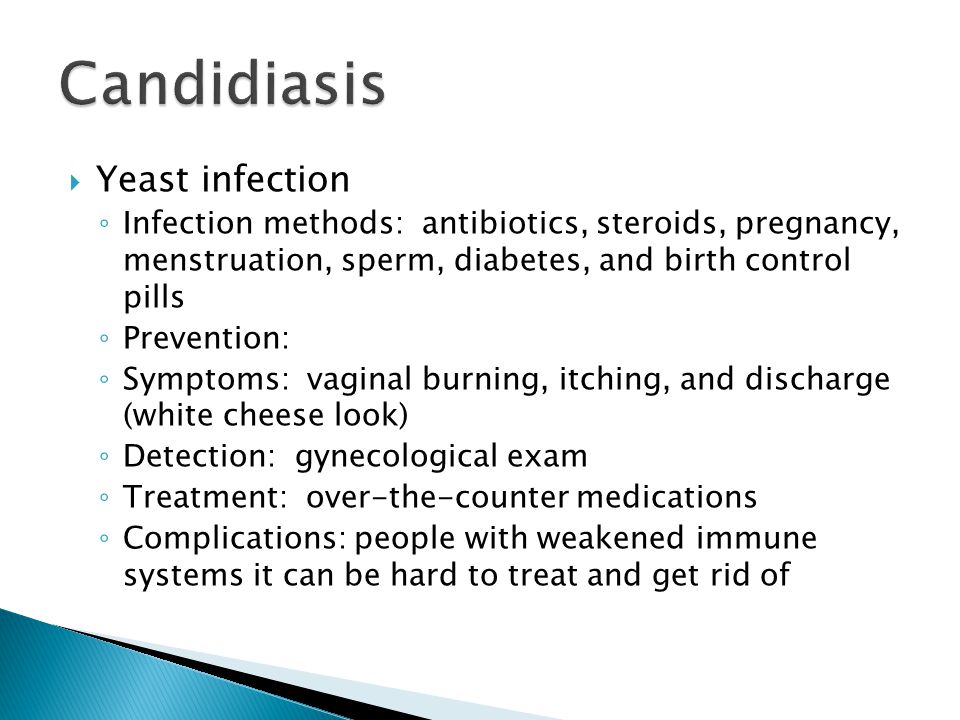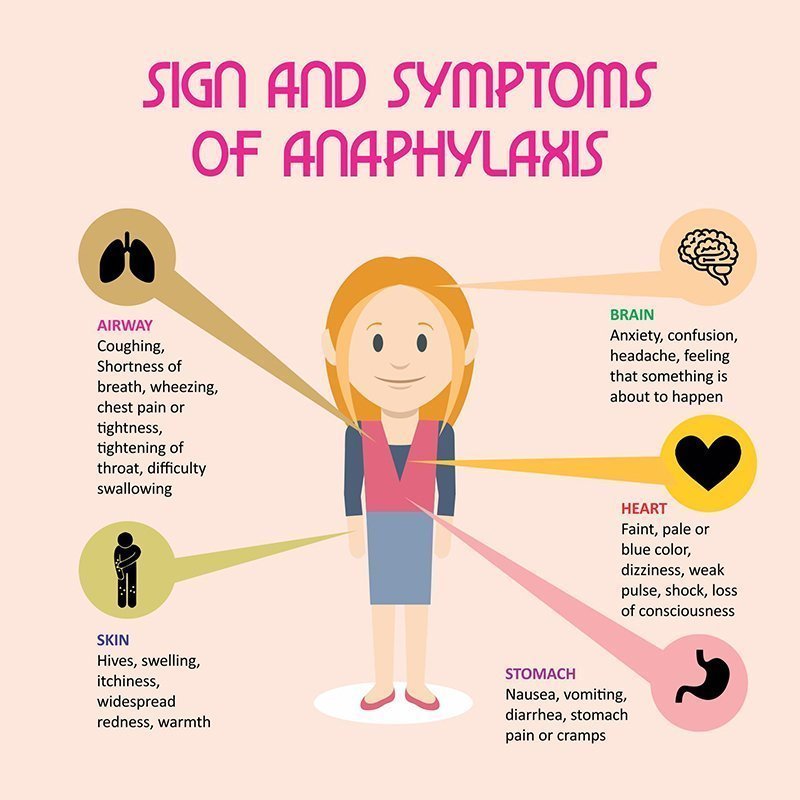How to give the silent treatment
How to Perfect the Silent Treatment in a Relationship
The silent treatment is bad for love. But if you’re too mad to talk to your lover, here’s the right way to use the silent treatment in your relationship.
When you’re upset with your partner, it’s never easy to choose the right words to express yourself.
Instead of explaining yourself, your mind would instinctively choose all the wrong words.
And almost all the time, these wrong words you use in an argument would be the most hurtful ones.
A relationship, as happy as it can be, can also have its painful moments.
But how you deal with those bad moments with your partner will determine the longevity and happiness in your relationship.
[Read: How the power of words can make or break your relationship]
Sometimes, do you find it easier to just walk away from an argument, slam the door on your partner’s face and give them the silent treatment?
Of course, it is an easier alternative than having to endure all the yelling and the blinding rage you have to experience when you’re face to face with your lover slash enemy-for-the-moment.
But you do know that the silent treatment is never the answer to the problem, don’t you?
[Read: 7 secret signs of a relationship that’s about to go bad]
What is the silent treatment?
Anyone who’s ever been in love would have experienced this at some point in their relationship, where one partner walks away in the middle of an angry conversation and doesn’t answer back to any question or remark.
By a simple definition, the silent treatment is the refusal of one person to talk to another person, especially after they’ve had an argument.
The duration of the silent treatment varies from one relationship to another, and could even last for days, and at times… years! [Read: The 80 20 rule in relationships and your love life]
Why is the silent treatment bad for relationships?
Giving the silent treatment to a partner may seem like the perfect thing to do, to hurt them and get away from them at the same time.
But no matter which way you look at it, it’s always terrible for the relationship.
#1 Fear in love. When you use the silent treatment on your partner because they hurt you by doing something, you’re not helping your relationship. You’re not letting your partner know what really hurt you. And most importantly, it would leave your partner feeling afraid and confused because they don’t really know what’s on your mind.
#2 More and more lies. The silent treatment may feel good, because you have the power to inflict pain on your lover. But your partner isn’t really going to understand what upset you. So instead of stopping the behavior that upset you *which they don’t know because you haven’t told them*, they’d start to lie about everything. And that’s all because they’re too afraid to say something that would offend you.
#3 Loss of trust. When you give a partner the silent treatment, they’d lie more to avoid angering you in any manner. But every now and then, you may sense a sneaky suspicion in the air or even catch your partner red handed *which would probably lead to more silent treatment*. And eventually, both of you would stop trusting each other. And why is that? Well, because there’s no communication in between all that silent treatment! [Read: How to build trust and improve communication in a relationship]
And eventually, both of you would stop trusting each other. And why is that? Well, because there’s no communication in between all that silent treatment! [Read: How to build trust and improve communication in a relationship]
How to use the silent treatment the right way
At times, the silent treatment in a relationship isn’t all bad if you know to use it well.
After all, it’s not really easy to plaster a happy smile on your face and talk to your partner calmly when you’ve just caught them with their knickers in a twist around their ankles and their legs in between someone else’s.
Sometimes, the silent treatment is a perfect solution to angry arguments in love. But you need to know how to use it effectively.
The duration of the silent treatment
Most silent treatments stretch on for days, especially if one partner is waiting for the other partner to apologize. But what do you do if both partners think they’re the one who’s right?!
In a happy relationship, it doesn’t matter whose fault it is.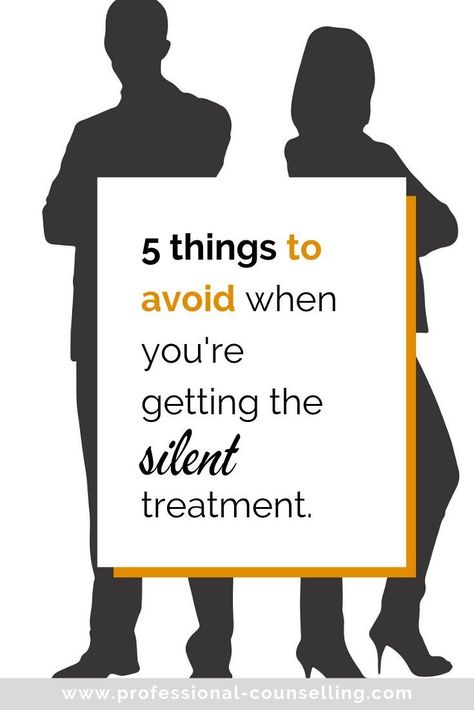 Both of you have to shed your egos, and make the effort to make up to each other. Yes, even if it’s not your own fault in any way! [Read: 30 questions for couples to keep the romantic spark alive in love]
Both of you have to shed your egos, and make the effort to make up to each other. Yes, even if it’s not your own fault in any way! [Read: 30 questions for couples to keep the romantic spark alive in love]
Use this basic duration guide to get a better idea on how long the silent treatment should last.
#1 When you’re together at home. Don’t let the silent treatment last for over an hour. Even if you’re seething on the inside, calm yourself and communicate with your partner.
#2 When you’re away from each other. If you’re at work or in a long distance relationship, don’t let the silent treatment stretch for over half a day.
#3 If you’re too mad and need to be by yourself. Be frank and tell your partner the truth. Let them know that you’re hurting or annoyed, and as much as you’d want to sit down and talk to your partner, you’re just not in the right state to talk about it. Tell your lover that you need some time to clear your mind because it’s just too much to take in right now.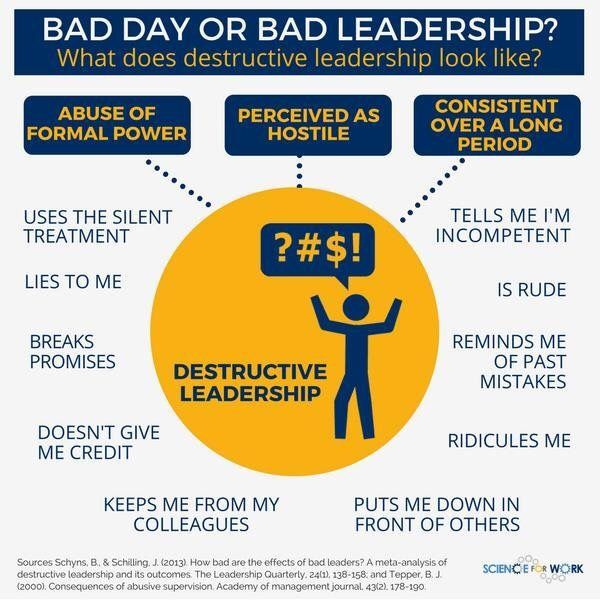 And as soon as you feel calmer, call your partner and talk about it.
And as soon as you feel calmer, call your partner and talk about it.
Just don’t take days to calm down though, because that’s just stupid. It only means you’re trying to hurt your partner. And that’s not the point of using the silent treatment at all. [Read: 12 reasons you’re walking on eggshells in your love life]
So why use the silent treatment if it’s bad?
If your partner just doesn’t understand your words, or if they keep repeating the same hurtful behavior all the time, it’s definitely time to give them a taste of your silent treatment.
After all, sometimes the only way to help your partner realize that they’ve done something hurtful is by hurting them just a bit, even if it’s only for a moment. It’s definitely wrong to stretch the silent treatment for more than a few hours, because that would convince your partner to become a liar in future. But by using it for the right duration, you’d let them know that you’re really upset.
You’d know the value of safe driving only when you have a near death experience on the road or a close shave with an accident. But you did know all about safe driving already, didn’t you? But you still needed a reminder.
But you did know all about safe driving already, didn’t you? But you still needed a reminder.
Likewise, at times, you need a bad reminder to see a taste of what could happen if you hurt someone you love. And that’s what the silent treatment should do. [Read: How taking a break from the relationship really works]
When the silent treatment goes wrong
Don’t use the silent treatment all the time. It should be a very rare occurrence if it has to hold any significance in your relationship.
If you constantly use the silent treatment once every few months, instead of looking at it as a regrettable incident, your partner’s regrettable sorrow would turn to rage for being treated this way. And instead of changing their behavior, your partner could actually end up repeating their behavior *even if they don’t tell you* just to get back at you! [Read: 15 types of toxic romances you need to watch out for]
Things you shouldn’t do while giving the silent treatment
Here are four things you need to know if you intend to use the silent treatment in your relationship at some point of time.
#1 Don’t ignore your lover. Don’t lock yourself in a room with no access to anyone. And if your partner knocks on the door, just tell them you need some time. Don’t ever ignore your lover completely when you’re giving the silent treatment.
#2 Don’t leave your partner in the dark. Tell them what you think is bothering you even if you need some time alone. It’ll help your partner contemplate over what they did wrong and how they can make up for it.
#3 Don’t walk away. Don’t walk away before hearing what your partner has to say. Listen to them, tell your partner you need to be alone and excuse yourself. If you cut your partner in the middle of their confession, you’re only going to build an emotional block between the both of you. [Read: How to react to a confession without losing your mind]
#4 Don’t attack your partner, verbally or physically. Don’t get violent or insult your partner before you hear them out. Don’t urge your partner to go on, and then yell at them because they’re going into the details. As much as it hurts, listen to their side completely.
Don’t urge your partner to go on, and then yell at them because they’re going into the details. As much as it hurts, listen to their side completely.
How to end the silent treatment in a relationship
If your partner tries to make up with you after a while, or if you decide that you’re calm enough to make up with your partner, don’t just accept the apology and walk away.
Sit down together, and talk about how both of you feel about what happened. Ask your partner to explain themselves to you, even if they’ve done something terrible and has hurt you a lot. Get to the core of the issue, because somewhere deep inside, you’d see that a mistake in love is usually never one sided.
And once you hear your partner’s views, tell your partner about how you feel and mention everything you feel. It’ll help your partner understand you a lot better.
And at the end of it all, both of you should apologize to each other *even if you feel like have no fault in it*.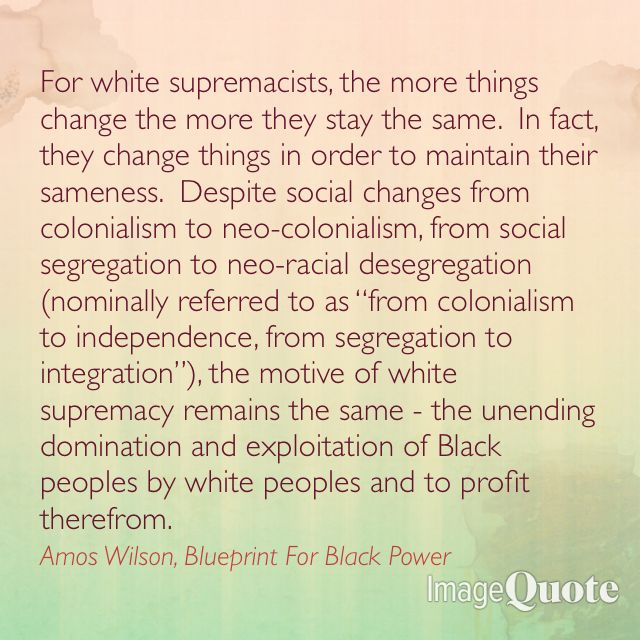 Giving the silent treatment to them deserves an apology, don’t you think? [Read: How to fight fair in a relationship and get better in love]
Giving the silent treatment to them deserves an apology, don’t you think? [Read: How to fight fair in a relationship and get better in love]
Learning from the silent treatment
When you give the silent treatment to your partner, it’ll give you the time to reflect on the situation and also give you the time to think of the right questions you need to ask, and the right things to say about how you feel.
Don’t ever stretch the silent treatment just to hurt your partner for what they did. The silent treatment should only be used to reflect on the incident, and should never be used to hurt someone you love.
After all, when you hurt your partner, you’re hurting one half of your relationship. And that means your relationship would be hurt and affected by it too. Is that what you really want, to rip your relationship from the inside? [Read: Reasons why you may be falling out of love]
There is no winning partner or losing partner in love. Both of you can only win together and lose together in love.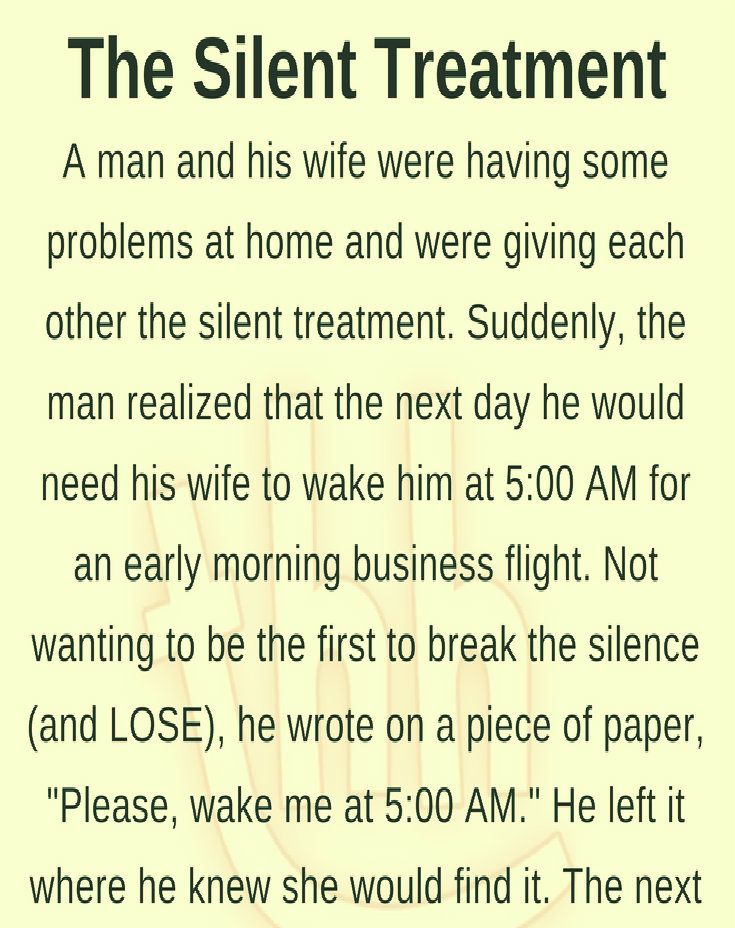
So instead of indulging in power struggles or petty fights to win an argument or prove a point to your lover, learn to use bad situations and silent treatments as learning lessons. It’ll bring both of you closer, and help understand each other better.
[Read: 9 relationship stages that all couples go through]
The next time you’re too furious to see past your blind rage, use the silent treatment if you must, but use these tips on doing it the right way. It’ll surely help your partner understand your mind, and bring more love and respect into the relationship with every argument.
Liked what you just read? Follow us on Instagram Facebook Twitter Pinterest and we promise, we’ll be your lucky charm to a beautiful love life.
Is it abuse and how to respond
The silent treatment is a refusal to communicate verbally with another person. People who use the silent treatment may even refuse to acknowledge the presence of the other person.
People use the silent treatment in many types of relationship, including romantic relationships.
It can sometimes be a form of emotional abuse. This is the case when one person uses it to control and manipulate the other.
This article will discuss the silent treatment, why people use it, and how individuals can respond to it. It also looks at how the silent treatment relates to abuse.
Share on PinterestRefusing to communicate verbally with another person can be a form of emotional abuse.People use the silent treatment for a number of reasons. These include:
- Avoidance: In some cases, people stay silent in a conversation because they do not know what to say or want to avoid conflict.
- Communication: A person may use the silent treatment if they do not know how to express their feelings but want their partner to know that they are upset.
- Punishment: If a person uses silence to punish someone or to exert control or power over them, this is a form of emotional abuse.
In most cases, using the silent treatment is not a productive way to deal with a disagreement.
Research indicates that both men and women use the silent treatment in relationships. However, clear and direct communication is essential for healthy relationships. Using the silent treatment prevents people from resolving their conflicts in a helpful way.
When one partner wants to talk about a problem but the other withdraws, it can cause negative emotions such as anger and distress. According to a 2012 study, people who regularly feel ignored also report lower levels of self-esteem, belonging, and meaning in their lives.
Because of this, the silent treatment can have an impact on the health of a relationship, even if the person who is silent is trying to avoid conflict.
A person with a partner who avoids conflict is more likely to continue a dispute because they have not had an opportunity to discuss their grievances.
A person may be using silence in an abusive way if:
- they intend to hurt another person with their silence
- the silence lasts for extended periods of time
- the silence only ends when they decide it does
- they talk to other people but not to their partner
- they seek alliances from others
- they use silence to blame their partner and make them feel guilty
- they use silence to manipulate or “improve” their partner, or to pressure them to change their behavior
Other types of emotional abuse
In addition to the silent treatment, a person might use other types of emotional abuse to control their partner, such as:
- monitoring their activities
- demanding access to their phone, email account, and other digital information
- deciding what they wear, eat, or drink
- isolating them from their family and friends
- controlling all their finances and spending
- controlling whether or not they go to work or school
- humiliating them in front of others or on social media
- using intimidating behavior, threatening them, or giving them ultimatums
- threatening to harm themselves, pets, or loved ones
- gaslighting them
- withholding affection, such as sexual activity
- guilt-tripping them
Over time, emotional abuse often escalates to physical violence.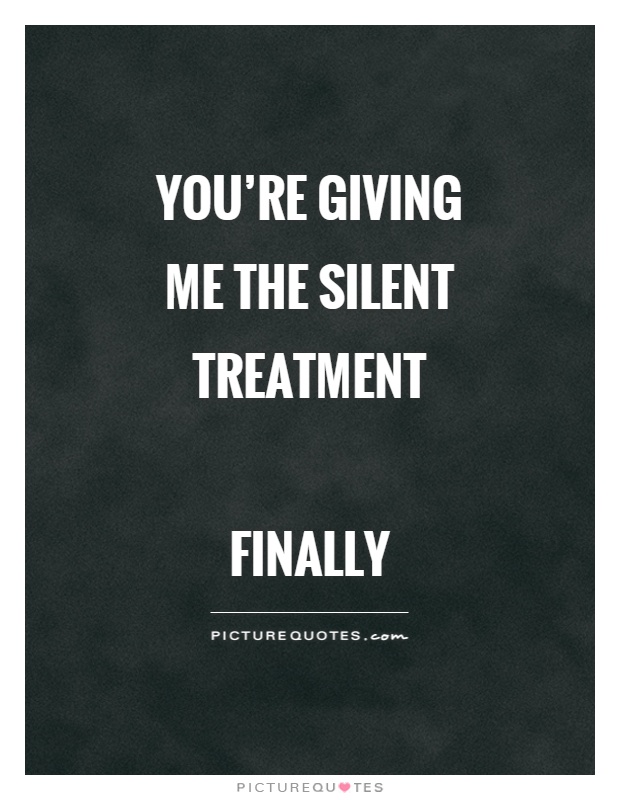
How a person responds to the silent treatment depends on whether or not their partner is being abusive.
If the silent treatment does not appear to be part of a larger pattern of abuse, a person can try the following approaches:
Name the situation
Acknowledge that someone is using the silent treatment. For example, a person can say, “I notice that you are not responding to me.” This lays the foundation for two people to engage with each other more effectively.
Use ‘I’ statements
A person can let the other person know how they feel by using “I” statements. For example, the person on the receiving end may say: “I’m feeling hurt and frustrated that you aren’t speaking to me. I would like to find a way to resolve this.”
This type of statement focuses on the feelings and beliefs of the speaker rather than any characteristics they attribute to the other person.
Acknowledge the other person’s feelings
Ask the other person to share their feelings. This lets them know that their feelings are important and valid, and it paves the way for an open conversation. Avoid becoming defensive or going into problem-solving mode. Try to stay present and listen empathically.
This lets them know that their feelings are important and valid, and it paves the way for an open conversation. Avoid becoming defensive or going into problem-solving mode. Try to stay present and listen empathically.
If the person responds in a threatening or abusive way, it is important to remove oneself from the situation until they calm down. Talk to a doctor, therapist, or trusted friend for help.
Apologize for words or actions
A person should not apologize or blame themselves for another person’s use of the silent treatment, as the silence is how their partner chooses to respond.
However, they may need to apologize if they have said or done something that may have hurt the other person’s feelings.
Cool off and arrange a time to resolve the issue
Sometimes, a person may give someone the silent treatment because they are too angry, hurt, or overwhelmed to speak. They may be afraid of saying something that makes the situation worse.
In these cases, it can be helpful for each person to take some time to cool off before getting together to discuss the issue calmly.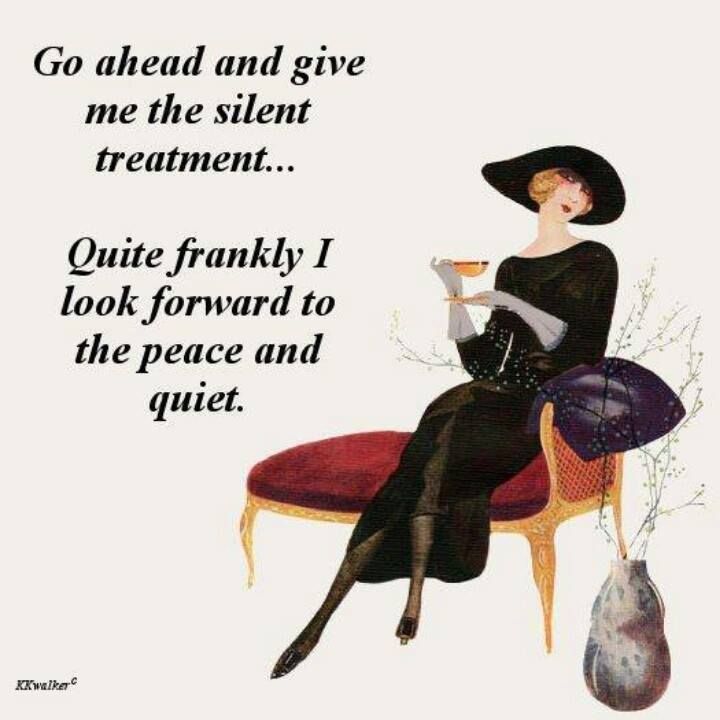 Counselors call this “taking a time-out.”
Counselors call this “taking a time-out.”
Avoid unhelpful responses
Try to avoid escalating the situation or provoking the person who is silent into speaking. This can create more conflict.
Trying the above steps can help those in an otherwise healthy relationship. However, people in abusive relationships will need to take different steps.
If a person feels that they or their family are in immediate danger, they must call 911. If they are not in immediate danger, a person who believes that their partner is abusive should consider whether or not they wish to stay in the relationship.
It will help someone in an abusive relationship to:
- stay in contact with their family and friends
- talk privately with a trusted professional, such as a counselor or domestic violence advocate, who can discuss the person’s options in a safe space
- seek advice and support from a domestic abuse organization, such as the National Domestic Violence Hotline or Love is Respect
Couples who have difficulty communicating effectively may benefit from counseling. A therapist can help the partners express their feelings so that they can resolve conflicts in a healthy way.
A therapist can help the partners express their feelings so that they can resolve conflicts in a healthy way.
However, therapists and organizations including the National Domestic Violence Hotline do not recommend couples counseling for those in abusive relationships.
This is because domestic abuse is not a product of an unhealthy relationship. The issue lies only with the abusive person. In some cases, focusing on relationship issues in therapy may reinforce their abusive behaviors.
People on the receiving end of a partner’s abuse may benefit from individual therapy if they safely engage in appointments. A therapist can help them recover their self-esteem and understand that they are not responsible for their partner’s behavior.
Abusive people who wish to change can enroll in programs to help alter their behaviors.
Using the silent treatment is an unproductive way of communicating within a relationship. It can sometimes be a form of self-protection, but at other times, it indicates emotional abuse.
People who regularly use or experience the silent treatment should take steps to address it.
If there are other signs of abuse, it may be necessary to seek outside support to stay safe.
If you or someone you know is in immediate danger of domestic violence, call 911 or otherwise seek emergency help. Anyone who needs advice or support can contact the National Domestic Violence Hotline 24/7 via:
- phone, at 800-799-7233
- live chat, at thehotline.org
- text, by texting LOVEIS to 22522
Many other resources are available, including helplines, in-person support, and temporary housing. People can find local resources and others classified by demographics, such as support specifically for People of Color, here:
- The Office on Women’s Health
- The National Coalition Against Domestic Violence
Treatment of false croup in a child. Withdrawal of an attack.
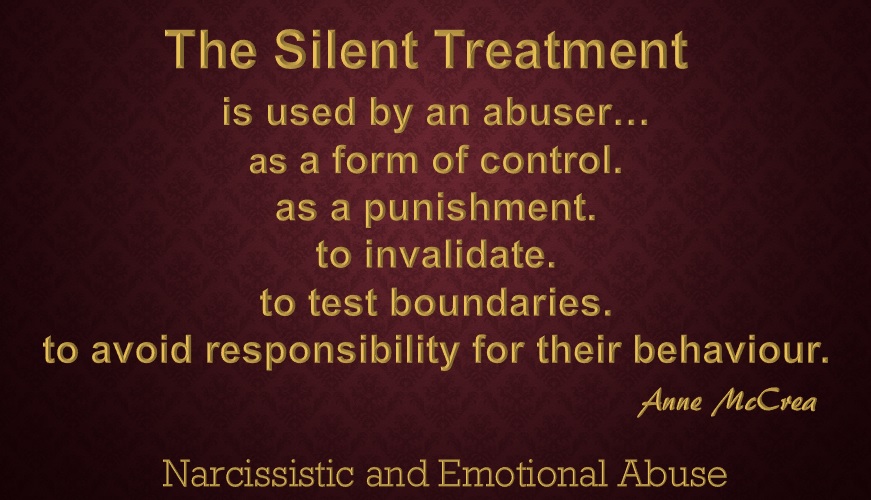 Fantasy Clinic in Moscow
Fantasy Clinic in Moscow We treat children according to the principles of evidence-based medicine: we choose only those diagnostic and treatment methods that have proven their effectiveness. We will never prescribe unnecessary examinations and medicines!
Make an appointment via WhatsApp
Prices Doctors
The first children's clinic of evidence-based medicine in Moscow
No unnecessary examinations and medicines! We will prescribe only what has proven effective and will help your child.
Treatment according to world standards
We treat children with the same quality as in the best medical centers in the world.
The best team of doctors in Fantasy!
Pediatricians and subspecialists Fantasy - highly experienced doctors, members of professional societies. Doctors constantly improve their qualifications, undergo internships abroad.
Ultimate treatment safety
We made pediatric medicine safe! All our staff work according to the most stringent international standards JCI
We have fun, like visiting best friends
Game room, cheerful animator, gifts after the reception.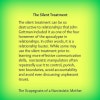 We try to make friends with the child and do everything to make the little patient feel comfortable with us.
We try to make friends with the child and do everything to make the little patient feel comfortable with us.
You can make an appointment by calling or by filling out the form on the site
Other Pediatric services
- Pediatrician's consultation
- Child Health Management Program
Frequent calls
- Acute bronchiolitis in children: diagnosis and treatment
- SARS
- Angina streptococcal tonsillitis
- Frequently ill child
- Intestinal infections
- Pneumonia (pneumonia) in children
- Rash in a child
- Colic
- Feeding problems
- Prolonged cough in a child: diagnosis and treatment
- Acute bronchitis in children: diagnosis and treatment
- Pneumonia (pneumonia) in children: diagnosis and treatment
- Coxsackie virus in a child
- The child was bitten by a tick! What to do?
Online payment
Documents online
Online services
How to Cultivate Silent Healing in Relationships / Sofa of Love
Silent treatment is bad for love.
 But if you're too crazy to talk to your lover, here's the right way to use silent treatment in your relationship.
But if you're too crazy to talk to your lover, here's the right way to use silent treatment in your relationship. When you are upset with your partner, it is not easy to choose the right words to express yourself.
Instead of explaining yourself, your mind will instinctively choose all the wrong words.
And almost all the time those wrong words you use in an argument would be the most damaging.
Relationships, no matter how happy they are, can also have their painful moments.
But how you deal with those bad moments with your partner will determine the longevity and happiness of your relationship.
Is it sometimes easier for you to just walk away from an argument, slam the door in your partner's face and give him a silent treatment?
Of course, this is an easier alternative than enduring all the screaming and blinding rage you feel when you run into your lover for a moment.
But you know that being quiet is never the solution, right? ?
What is quiet treatment?
Anyone who has ever been in love would experience this at some point in their relationship when one of the partners walks away in the middle of an angry conversation and does not answer a single question or remark. .
.
Simply defined, taciturnity is one person's refusal to talk to another person, especially after he or she has argued.
The duration of a silent address varies from one relationship to another and can last even days, and sometimes ... years!
Why is silent treatment bad for relationships?
It may seem that making a silent treatment of a partner is the right thing to do, to hurt him and avoid him at the same time..
But no matter how you look at it, it's always terrible for a relationship.
# 1 Fear in love. When you use a silent treatment with your partner because it hurts you by doing something, you are not helping your relationship. You don't let your partner know what is really hurting you. And most importantly, it will leave your partner in awe and confusion because they don't really know what's on your mind.
#2 More and more lies. Silent healing can be enjoyable because you have the power to hurt your lover.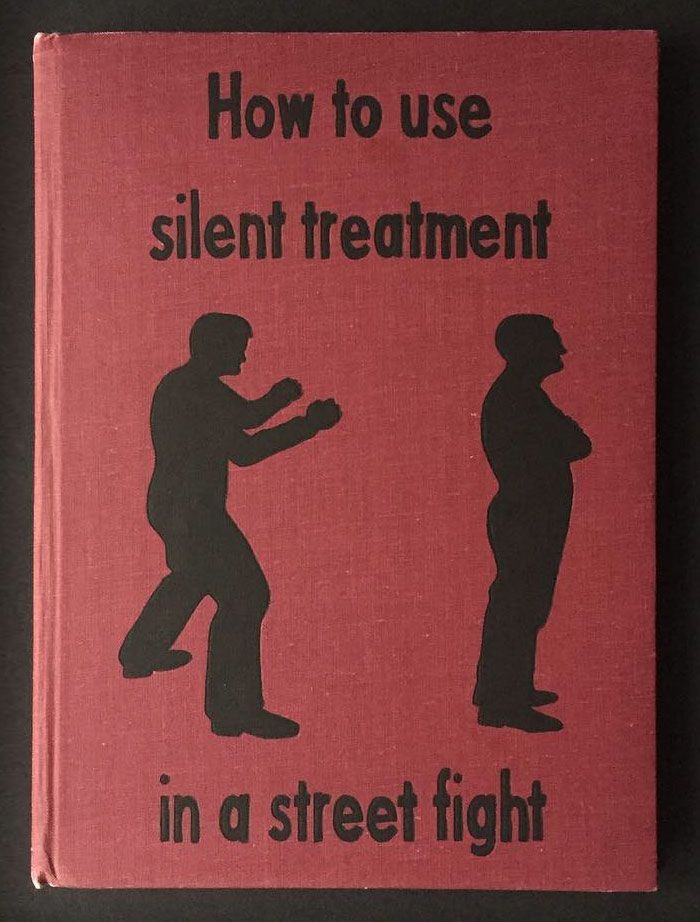 But your partner won't really understand what upset you. So instead of stopping the behavior that upset you* that they don't know because you didn't tell them*, they would start lying about everything. And this is all because they are too afraid to say something that might offend you.
But your partner won't really understand what upset you. So instead of stopping the behavior that upset you* that they don't know because you didn't tell them*, they would start lying about everything. And this is all because they are too afraid to say something that might offend you.
# 3 Loss of trust. When you give your partner a silent treatment, they lie more so as not to piss you off. But every once in a while, you might feel a sneaky suspicion in the air, or even catch your partner red-handed*, which will likely lead to quieter treatment*. And in the end, both of you will stop trusting each other. And why so? Well, because there is no connection between all this silent appeal!
How to use silent treatment correctly
Sometimes quiet treatment in a relationship is not so bad if you know how to use it correctly.
After all, it's not easy to put on a happy smile on your face and calmly talk to your partner when you've just caught them with their panties on, turning around their ankles and their legs between strangers.
Sometimes a silent address is the perfect solution to angry arguments in love. But you have to know how to use it effectively..
Duration of silent treatment
Most silent procedures stretch out over several days, especially if one partner waits for the other to apologize. But what if both partners think they are the only ones who are right??!
In a happy relationship, it doesn't matter whose fault it is. You both need to put aside your egos and make an effort to deal with each other. Yes, even if it's not your fault anyway!
Use this basic duration guide to get a better idea of how long a silence should last..
# 1 When you are together at home. Do not allow silent processing to last more than an hour. Even if you are seething from the inside, calm down and communicate with your partner.
#2 When you are far apart. If you are at work or in a long-term relationship, do not allow the silent procedure to stretch for more than half a day.
# 3 If you are too angry and want to be alone. Be honest and tell your partner the truth. Let them know that you're hurt or annoyed, and as much as you want to sit down and talk to your partner, you're just not in the mood to talk about it. Tell your lover that you need time to clear your mind because it's too much to take right now. And once you feel calmer, call your partner and talk about it..
Just don't take days to calm down, because that's just stupid. It only means that you are trying to harm your partner. And it doesn't make sense to use silent treatment at all.
So why use silent treatment if it is bad?
If your partner just doesn't understand what you're saying, or if he repeats the same abusive behavior over and over again, then it's definitely time for them to try to keep quiet.
After all, sometimes the only way to help your partner realize they've done something hurtful is to hurt them a little, even if it's just for a moment. It is definitely not right to extend the silent treatment for more than a few hours, because it will convince your partner to become a liar in the future. But by using it at the right time, you will let them know that you are really upset.
It is definitely not right to extend the silent treatment for more than a few hours, because it will convince your partner to become a liar in the future. But by using it at the right time, you will let them know that you are really upset.
You will only know the value of safe driving when you have a fatality or accident on the road. But you already knew everything about safe driving, right? But you still need a reminder.
Also, sometimes you need a bad reminder to get a taste of what can happen if you hurt someone you love. And that's what silent treatment is supposed to do.
When Silent Treatment Goes Wrong
Don't use silent treatment all the time. This must be a very rare occurrence if it is to make any difference in your relationship.
If you consistently use silent treatment once every few months, instead of viewing it as a regrettable incident, your partner's sad regret will turn into anger at such treatment. And instead of changing their behavior, your partner may actually repeat their behavior *even if they don't tell you *just answer you!
Things You Shouldn't Do During Silence
Here are four things you need to know if you're going to be using silence in your relationship at some point in time.
# 1 Don't ignore your lover. Do not lock yourself in a room that no one else has access to. And if your partner knocks on the door, just tell them you need time. Never completely ignore your lover when you are silent.
# 2 Don't leave your partner in the dark. Tell them what you think is bothering you, even if you need to be alone for a while. This will help your partner think about what they did wrong and how they can fix it..
# 3 Don't go. Don't leave before you hear what your partner is saying. Listen to them, tell your partner that you need to be alone, and excuse yourself. If you cut your partner in the middle of their confession, you will only create an emotional block between the two of you.
#4 Do not attack your partner verbally or physically. Avoid violence or insults to your partner before you listen to them. Don't encourage your partner to continue and then yell at them because they go into detail. As much as it hurts, listen to their side completely.
As much as it hurts, listen to their side completely.
How to stop being silent in a relationship
If your partner tries to make up with you after a while, or if you think you're calm enough to make up with your partner, don't just accept your apology and leave.
Sit down together and talk about how you both feel about what happened. Ask your partner to explain himself to you, even if he did something terrible and caused you a lot of harm. Get to the bottom of the problem, because somewhere deep inside you will see that the mistake in love is usually never one-sided..
And as soon as you hear your partner's opinion, tell him how you feel and mention everything you feel. This will help your partner understand you much better.
And at the end of it all, you both have to apologize to each other*, even if you feel it's not your fault*. Their quiet treatment deserves an apology, doesn't it??
Learning how to talk silently
Talking silently to your partner gives you time to think about the situation and also gives you time to think about the right questions to ask and what to say about how do you feel.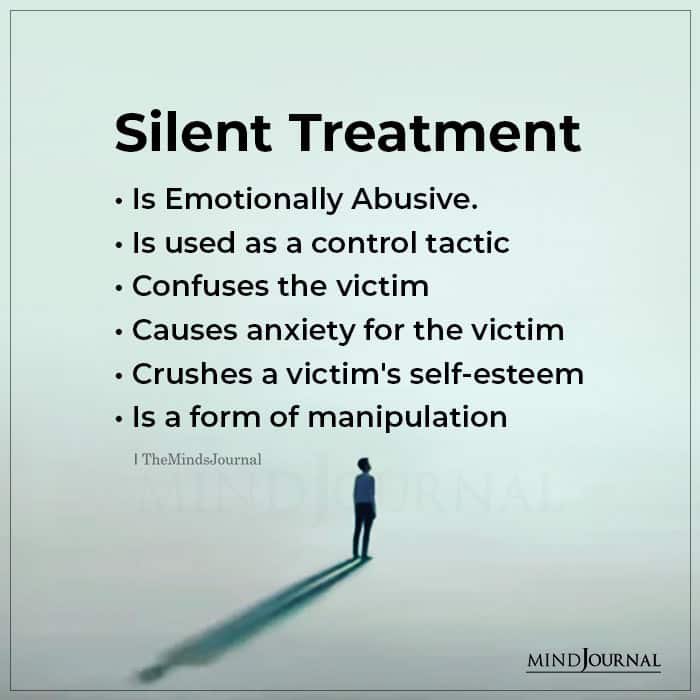 .
.
Never draw out a silent appeal just to hurt your partner for what he did. Silent address should only be used to ward off an incident and should never be used to hurt someone you love.
After all, when you hurt your partner, you are hurting one half of your relationship. And that means your relationship will be affected and affected by it too. Is this what you really want to end your relationship from within?
There is no winning partner or lost partner in love. Both of you can only win together and lose together in love.
So instead of engaging in power struggles or petty fights to win an argument or prove a point to your lover, learn to use bad situations and silent appeals as learning lessons. This will bring you both closer and help you understand each other better.
The next time you're too enraged to see through your blind rage, use a silent heal if you need to, but use these tips to get it right. This will definitely help your partner understand your mind and bring more love and respect into the relationship with every argument.



